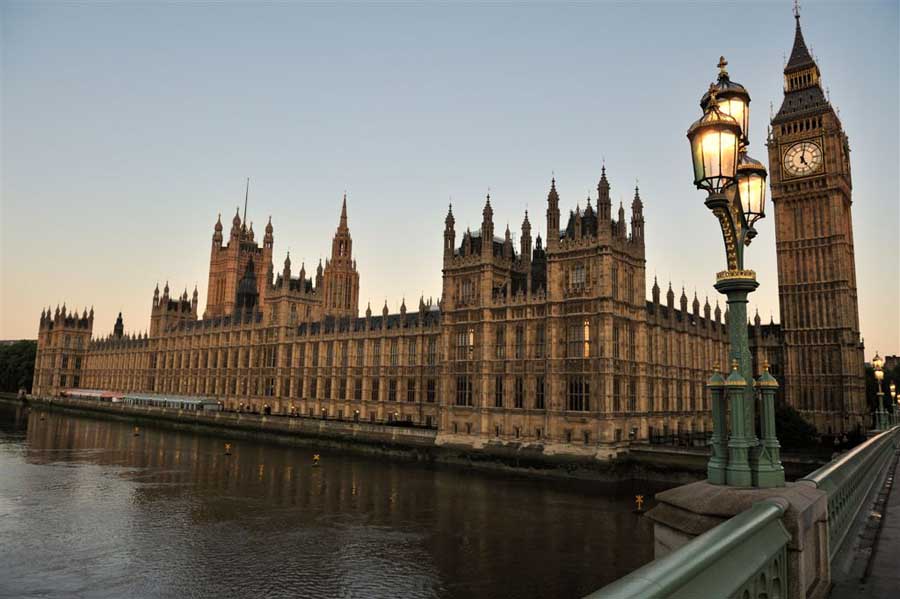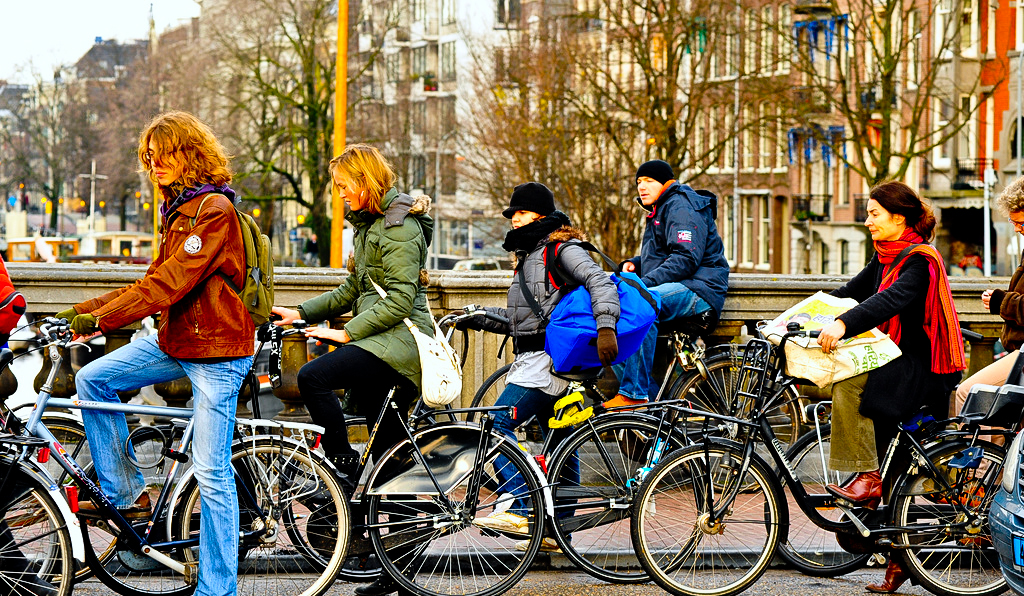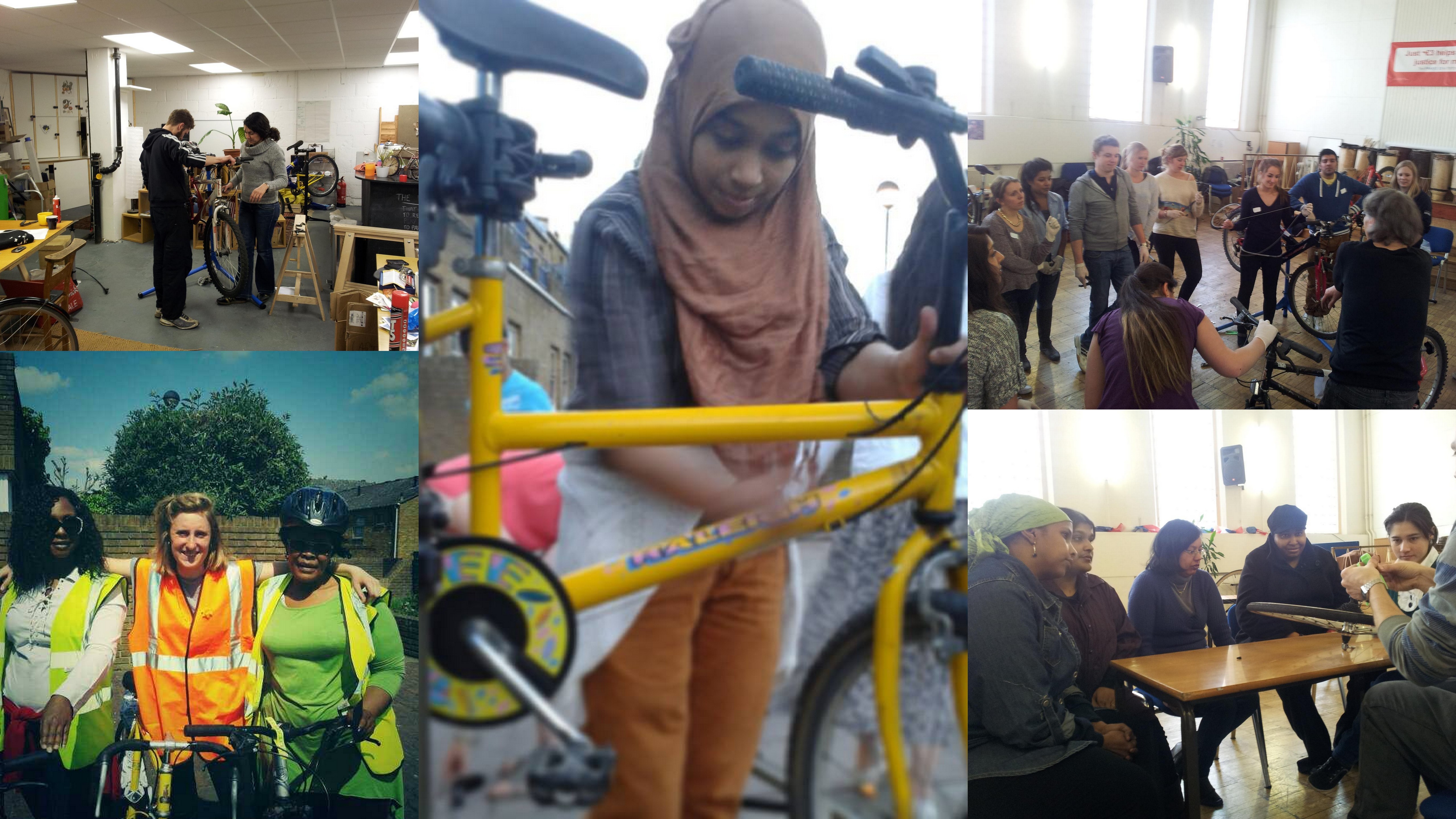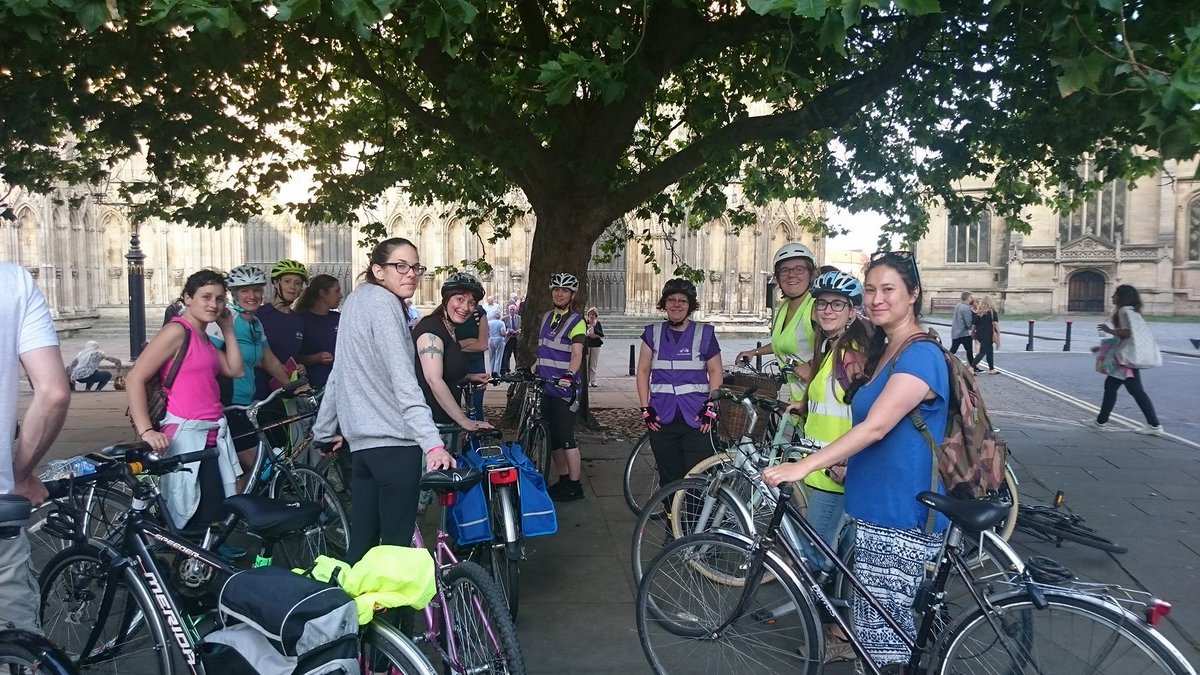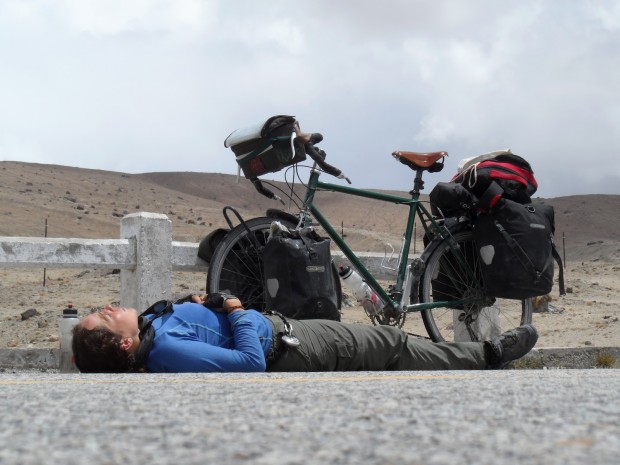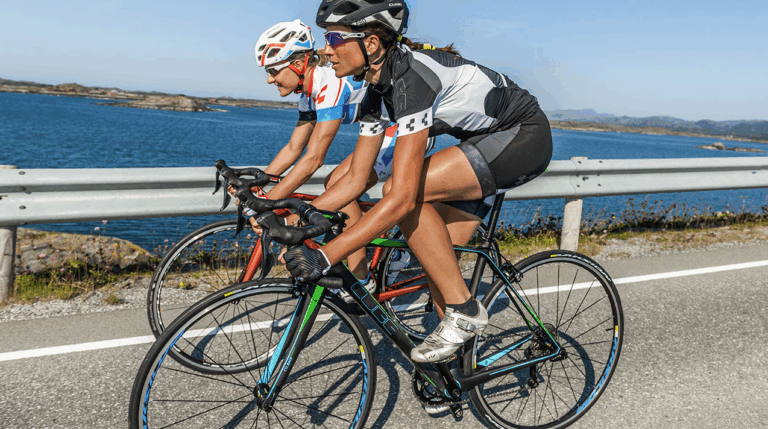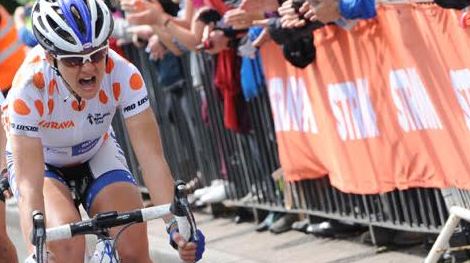This afternoon the All Party Parliamentary Cycling Group hosted a discussion on women in cycling, inviting key figures to speak about the barriers holding women back and what could be done to remove them.
An All Party Parliamentary Group (APPG) is made up of Members who pursue a specific topic or interest. Their meetings have no official status, but members hope to be able to influence decisions elsewhere and in this case meet to discuss ways they can raise more awareness of cycling and increase levels of participation.
The group invited nine influential women – and one man – in the cycling industry and those involved in grassroots programmes and town planning to contribute. Speakers came from a wide range of backgrounds, all of them taking their own approaches – but they were united in one common goal: to get more women’s bums on saddles.
Labour MP Ruth Cadbury chaired the meeting, opening with the comment: “Cycling should not just be the reserve of the well remunerated, able bodied men on fast expensive bikes. We must be much more diverse in terms of gender, class, age if we really want to embed cycling as a normal method of getting about as it is in many European cities and countries.”
The group is currently led by a series of guidelines published in their 2013 ‘Get Britain Cycling’ report. Explaining the reason behind asking women from around the cycling landscape to speak, Cadbury commented: “The main omission of ‘Get Britain Cycling’ was on who was cycling – particularly women. It was a very gender neutral document. And we’re concerned that there was nothing about women – so we’ve had it on our agenda that we would organise some work around women’s cycling – so this is the first manifestation of that commitment.”
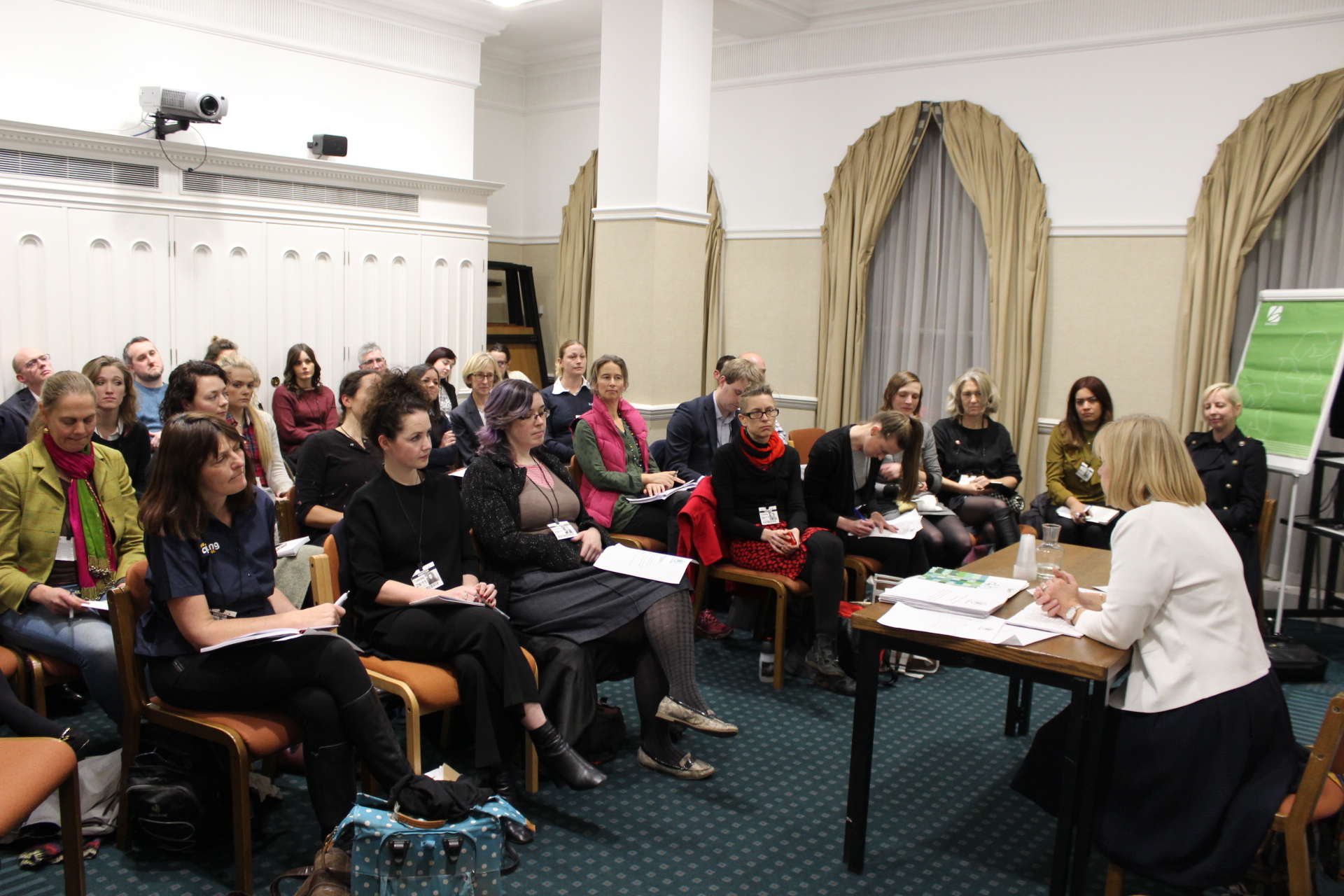
With ten key speakers, there was a lot to be discussed – and the meeting spanned over the course of two hours – but there were several key points that stood out to our TWC reporter…

